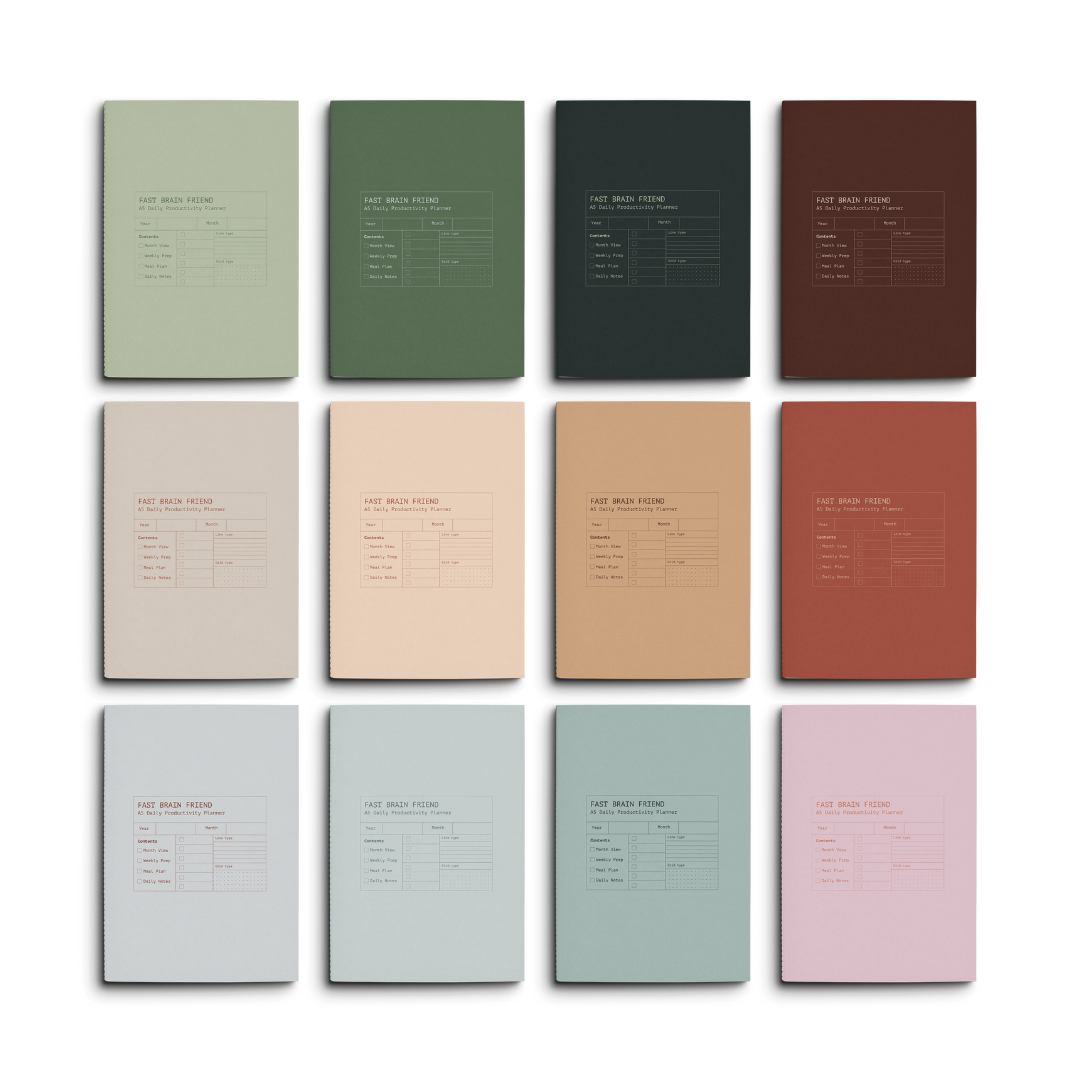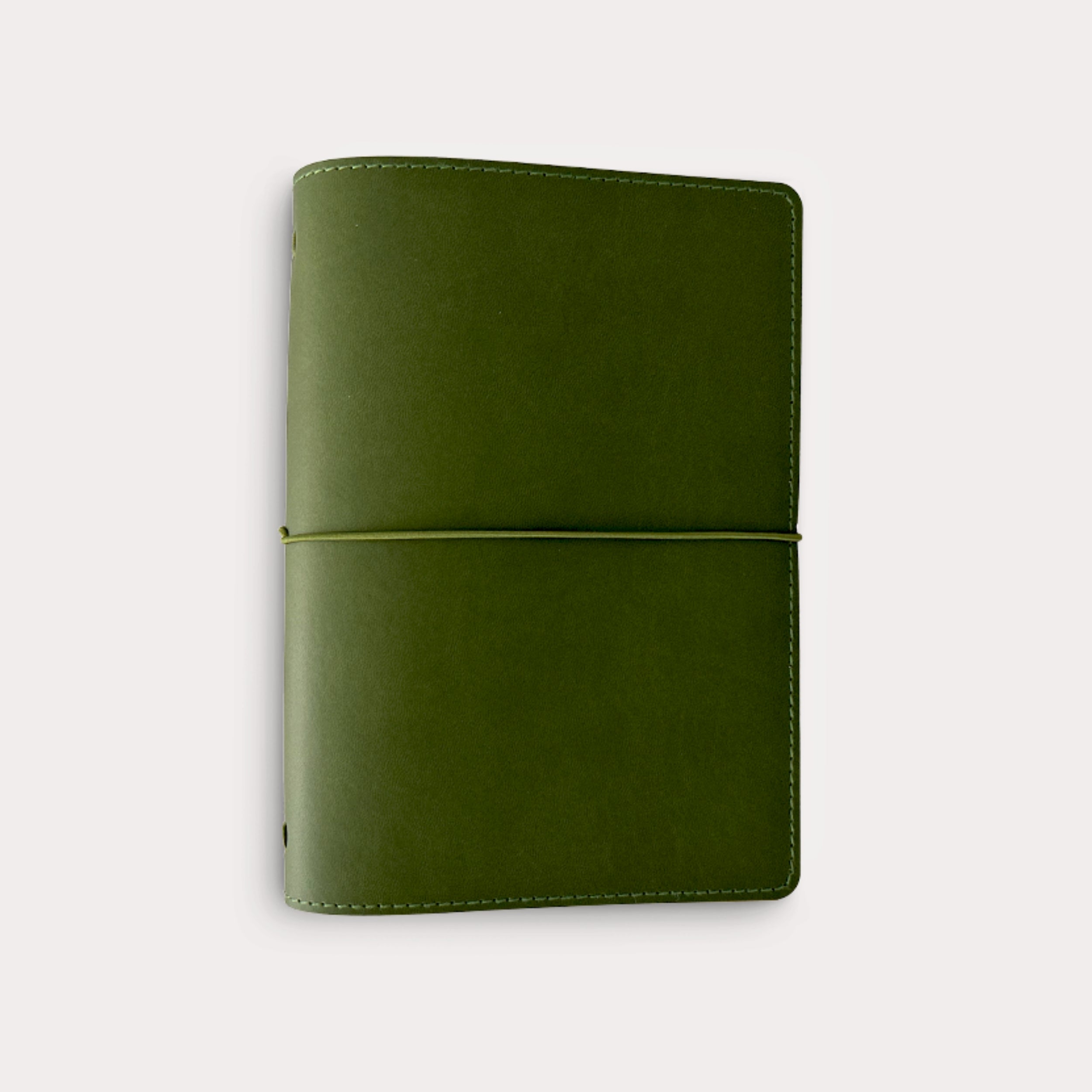In a world that often prioritizes productivity and endless to-do lists, it's easy to feel like our lives are consumed by work and responsibilities. We pour our energy into careers, families, and obligations, often leaving little room for the things that bring us personal, unadulterated joy.
But a shift is happening.
Across the globe, people are rediscovering the profound importance of making space for personal interests and hobbies. This isn't just a trend; it's a quiet revolution, and at the heart of it is a growing realization that our hobbies are not a luxury—they are a fundamental part of our identity and well-being.
A Global Shift: The Data Behind the Revival
The notion that hobbies are a powerful force for good isn't just a feeling—it's backed by a wave of data reflecting a change in global priorities. A recent survey by a major market research firm found that 68% of people reported actively seeking out new hobbies or reviving old ones in the past two years, with the primary motivation being to improve their mental health. This is a significant jump from pre-pandemic figures, where hobbies were often viewed as a secondary pursuit.
This trend is particularly evident in the growing consumer market for hobby-related goods. Sales of craft supplies, musical instruments, and DIY kits have seen double-digit growth year-over-year, indicating that people are not just thinking about hobbies—they are actively investing in them.
A 2024 report by the Global Wellness Institute highlighted that the "Creative and Leisure" sector of the wellness economy is now valued at over $1.8 trillion, a clear signal that the pursuit of personal interests has become a mainstream priority.
The Science of Joyful Pursuits
You don't need a scientist to tell you that engaging in an activity you love makes you feel good, but the data behind it is compelling. Hobby engagement is strongly linked to improved well-being, supported by a growing body of research. The data shows that dedicating time to personal interests can significantly reduce stress, anxiety, and depression, while boosting happiness and life satisfaction. The benefits extend beyond mental health to cognitive function and physical well-being.
Studies show that partaking in hobbies unlocks what's known as the "effort-driven reward cycle" in your brain. This cycle is a self-reinforcing loop where the effort you put into a hobby (practicing an instrument, mastering a new recipe, or learning a language) triggers the release of happy chemicals like dopamine and serotonin. This biological feedback loop literally makes you feel good and encourages you to continue the activity, creating a virtuous cycle of effort and reward that is deeply satisfying.
A 2023 study published in Nature Medicine found that having a hobby was associated with fewer depressive symptoms and higher levels of happiness and life satisfaction. The study's lead author, Dr. Karen Mak, noted that this link remained even after accounting for other factors like income and social status.
Research also indicates that creative and relaxing hobbies, like making art, knitting, or gardening, can lead to a reduction in the stress hormone, cortisol, which in turn can lower blood pressure and heart rate. Hobbies that are mentally stimulating, such as learning a new language or playing an instrument, can help improve cognitive function and memory. These findings make a clear case: making time for hobbies is not a frivolous indulgence. It's an essential investment in our mental, physical, and emotional health, providing a vital counterbalance to the demands of modern life.
In a recent interview, Friend Notebooks founder and product designer Alanah Purtell, a key driver in this movement, highlighted this very notion. "When everything is work and responsibilities, we often forget to make space in our lives for activities that bring us tangible joy," Alanah said. "Reigniting that joy is our core mission. It's about giving yourself permission to do something just for you, whether that's learning a language, making a candle, or even just sipping an espresso and pretending to notice the caramel undertones."
A Tool for the Joy
For many, the first step in starting a new hobby is simply finding the right space to think, plan, and create. This is where a brand like Friend Notebooks has become synonymous with the hobby revival. Their focus on creating tools specifically for this purpose has positioned them as an essential companion for anyone looking to embrace a new passion. Their iconic Hobby Note notebooks are designed with a singular purpose: to elevate time spent on yourself. These raw, thread-sewn notebooks are more than just paper; they are a blank canvas for exploration, a dedicated space to chart your progress, document your discoveries, and celebrate your small victories.
Friend Notebooks' brand is built on the belief that a well-loved hobby is an act of self-care. It's about giving yourself permission to be a beginner, to fail and try again, and to find a sense of fulfillment that isn't tied to a paycheck or a deadline. Alanah explained, "When people think of notebooks and journaling for joy, we want them to think of Friend Notebooks. We're not just selling notebooks; we're providing a tool to help people reconnect with themselves."
The revival of hobbies is more than a fleeting trend. It is a fundamental shift in how we approach our lives—a recognition that a sense of identity isn't just forged through our work but through our passions, interests, and the quiet moments we spend doing something we truly love. So go ahead, find a new hobby. Grab a notebook, and start your journey back to yourself.
References
-
Mak, K., et al. (2023). "Hobby engagement and mental wellbeing among people aged 65 years and older in 16 countries." Nature Medicine, 29(9), 2233–2240. This study provides empirical evidence for the link between hobbies, reduced depressive symptoms, and higher life satisfaction across diverse cultures.
-
Global Wellness Institute (2024). 2024 Global Wellness Economy Monitor. This report offers key data on the growth of the wellness economy, including the "Creative and Leisure" sector, and its valuation.
-
Rutgers University (2023). "Hobbies and Healthy Habits Surged During the Pandemic." This research, published in the journal Drug and Alcohol Dependence, details how many individuals turned to healthy habits and hobbies to cope with pandemic-related stresses, highlighting resilience and behavioral adaptation.
-
McKinsey & Company (2020). Emerging Consumer Trends in a Post-COVID-19 World. This market research report illustrates a global shift in consumer priorities and spending habits, with a significant increase in investment in at-home hobbies and personal development.
-
UCLA Health (2023). "3 proven health benefits of having a hobby." This article synthesizes various academic findings to detail the cognitive, physical, and mental health benefits of hobbies, citing research on cortisol reduction and dementia risk.











